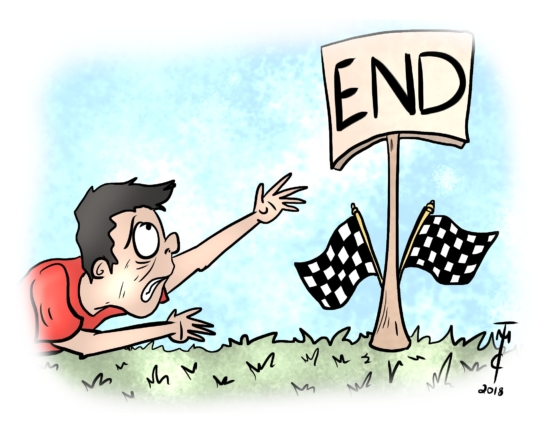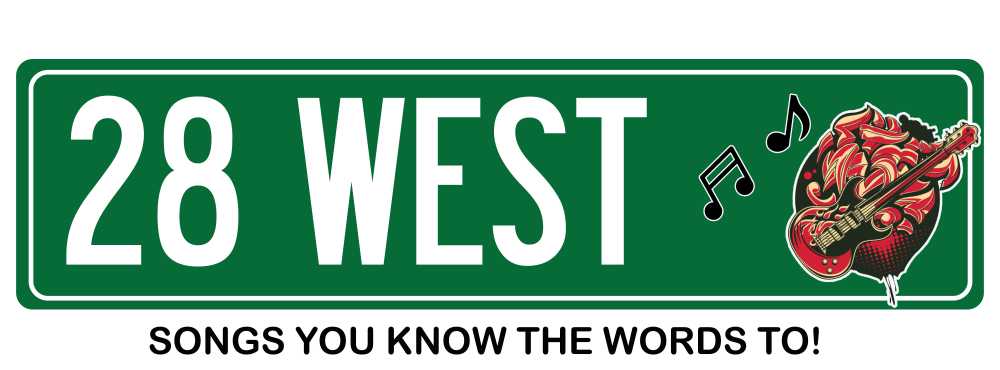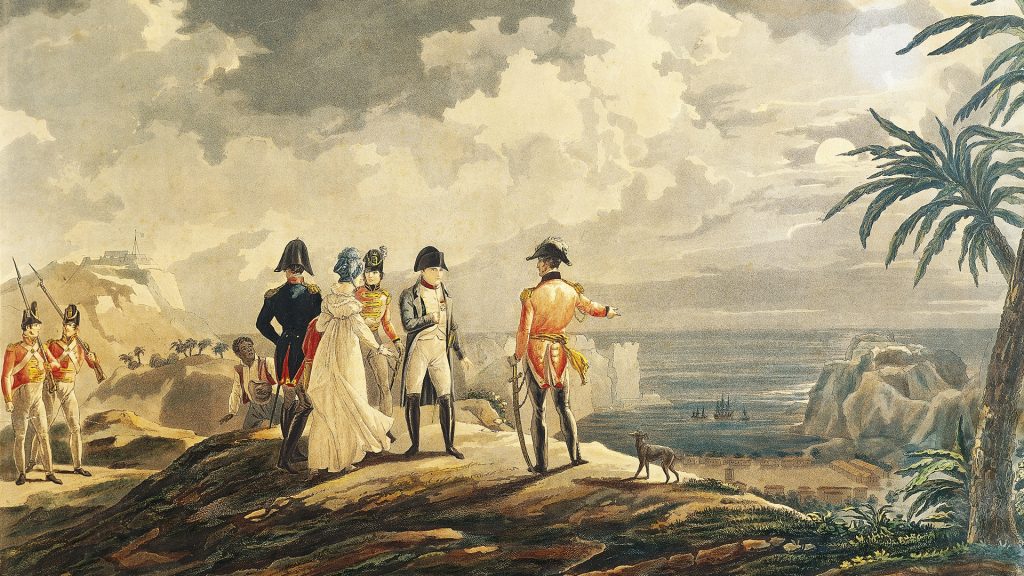In light of Elon Musk’s recent purchase of Twitter, we would like to remind everyone of our Twitter-use policy.
The Department of Political Science is still not using Twitter. Just wanted to clear that up for everyone!

In light of Elon Musk’s recent purchase of Twitter, we would like to remind everyone of our Twitter-use policy.
The Department of Political Science is still not using Twitter. Just wanted to clear that up for everyone!

Tickets for graduation recognition ceremonies will be only be available for pickup until Wednesday April 27 at 5 pm.
Pickup tickets at the Central ticket office, which opens at 11am.
You will need to have an ID and know what ceremony you are attending in order to get your tickets.
Important: If you are not on the list, there is no need to panic. You can get tickets by emailing Prof. Scemama (scemamaj@ecu.edu).
OK, the semester is ending… hurray! Not over quite yet however. Please note:
Tomorrow, Tues. April 26, MWF classes will meet
Wed., April 27 is Reading (study) Day
Exams start in Thursday, April 28. Consult your course syllabi, or, see the university calendar for specific exam times.

The North of the River Association and the Coalition Against Racism cordially invite you to a Candidate Listening Event, Saturday, April 30, 10:00 am – 12:00 pm, at at St. Mary’s Baptist Church, 7257 Fleming School Rd.
Candidates will be addressing questions and comments from the audience. The event will give the residents of Pitt County an opportunity to question the candidates about the issues that are important to them including the siting of data-mining for cryptocurrency within the confines of Pitt Co.
The voters of Greenville and the surrounding areas are looking forward to hearing the candidates discuss critical subject matters in this turbulent election period. The event is free and open to the public.
Light refreshments will be served.
The event will be video recorded and the media has been invited to attend.

The latest piece of evidence proving that university professors are real people comes from the department of political science. Dr. Jody Baumgartner’s band, 28 West, will be playing at SAWYER’S FUN PARK this Friday, April 22, from 7:00-10:00 pm.
The band, whose slogan is “songs you kow the words to,” covers hits from the 60s-90s, from the Rolling Stones, the Beatles, the Monkees, Queen, Grand Funk, the Temptations, and many more.
For anyone interested in exploring this scientific discovery further, Sawyers is located at 5120 Corey Rd, Winterville, NC 28590.

Final exams start next week: Check out this website which has a number of (9, to be exact) helpful hints about how to prepare for and manage your exam preparations: https://smiletutor.sg/9-last-minute-exam-preparation-tips-to-save-your-life/.

The department of political science offers several options for minors, including minors in:
For more information, see: https://politicalscience.ecu.edu/undergraduate/minors/
Please feel free to email us at politicalscience@ecu.edu with any questions about how our programs might fit your needs. Or, Contact:
Dr. Jody Baumgartner, Undergraduate Director
252-328-2843
baumgartnerjo@ecu.edu

The field of Political Science studies politics, law, campaigns majors study politics, law, campaigns and elections in America and other countries; war, peace and globalization, and ways to diagnose and solve policy and social problems. Students who major in political science acquire skills in writing, communications, and analysis that are critical to a liberal arts education. Many different career paths can be met, including those in the following sectors: government, business, finance, law, military service, journalism, political campaigns, and policy analysis. Recent graduates have found employment in all of these fields and many more.
Click here for more information!

On April 11, 1814, Napoleon Bonaparte, emperor of France and one of the greatest military leaders in history, abdicates the throne, and, in the Treaty of Fontainebleau, is banished to the Mediterranean island of Elba.
The future emperor was born in Ajaccio, Corsica, on August 15, 1769. After attending military school, he fought during the French Revolution of 1789 and rapidly rose through the military ranks, leading French troops in a number of successful campaigns throughout Europe in the late 1700s. By 1799, he had established himself at the top of a military dictatorship. In 1804, he became emperor of France and continued to consolidate power through his military campaigns, so that by 1810 much of Europe came under his rule. Although Napoleon developed a reputation for being power-hungry and insecure, he is also credited with enacting a series of important political and social reforms that had a lasting impact on European society, including judiciary systems, constitutions, voting rights for all men and the end of feudalism. Additionally, he supported education, science and literature. His Code Napoleon, which codified key freedoms gained during the French Revolution, such as religious tolerance, remains the foundation of French civil law.
From: https://www.history.com/this-day-in-history
